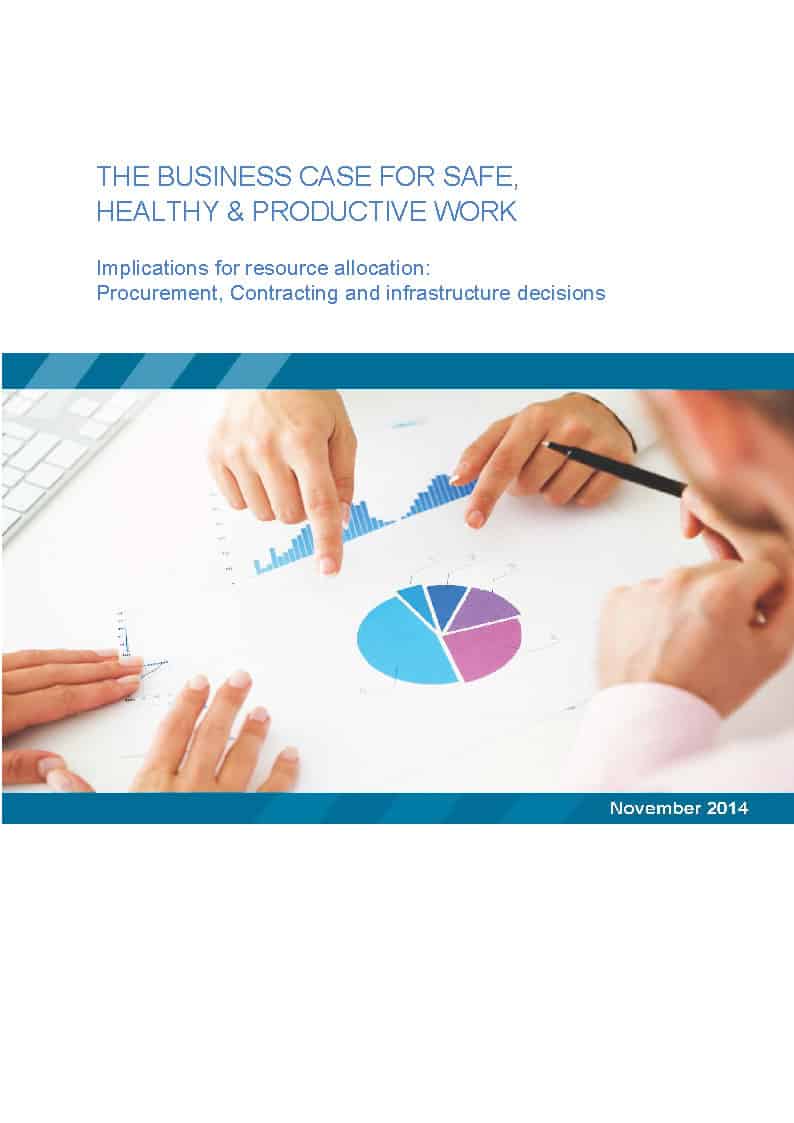After writing a recent article about the relevance of occupational health and safety (OHS) laws to sporting clubs, I attended a sports medicine seminar to access a different perspective on workplace safety.
 Having never played sports outside the obligatory high school activities, which in my high school also included snooker?!, the world of locker rooms and team sports is foreign. But earlier this week I learnt that where OHS professionals talk about productivity, sportspeople speak of performance, and where factories address line speed, sports physicians talk of load management. I also learnt that professional sportspeople are exempt from workers’ compensation.
Having never played sports outside the obligatory high school activities, which in my high school also included snooker?!, the world of locker rooms and team sports is foreign. But earlier this week I learnt that where OHS professionals talk about productivity, sportspeople speak of performance, and where factories address line speed, sports physicians talk of load management. I also learnt that professional sportspeople are exempt from workers’ compensation.


 The attention given by OHS/WHS professionals and senior executives to due diligence is already changing how workplace safety is managed in a positive way but recently the
The attention given by OHS/WHS professionals and senior executives to due diligence is already changing how workplace safety is managed in a positive way but recently the 